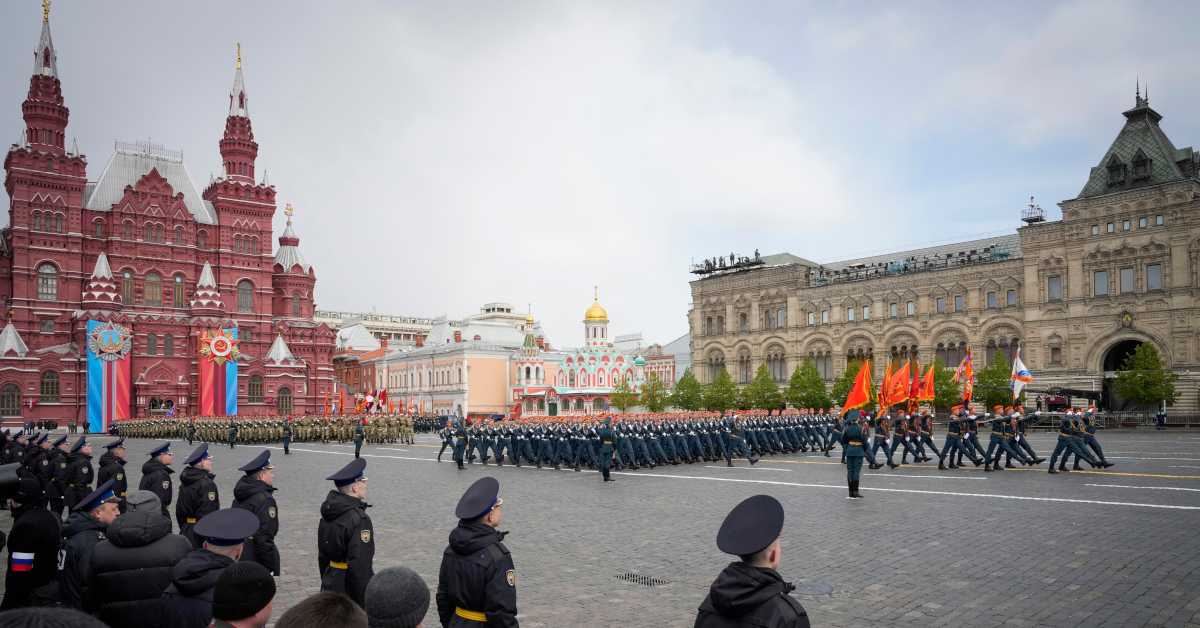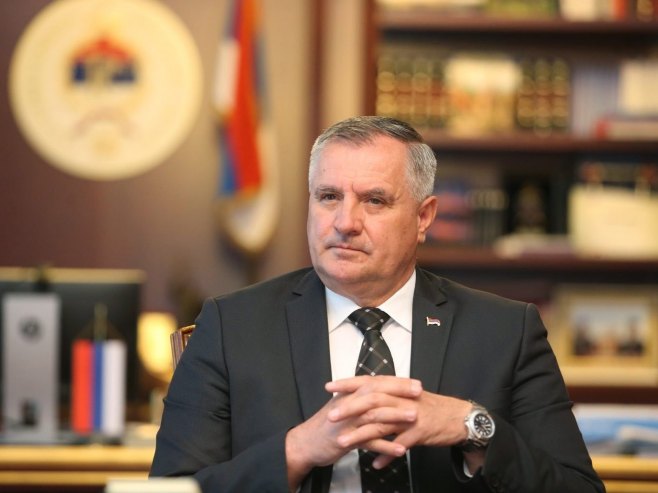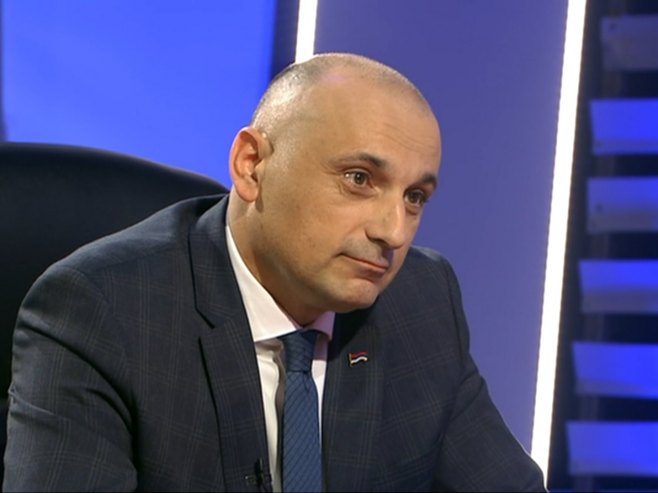The ambassador of BiH to Belgrade, Aleksandar Vranješ, stated today that the Bosniak public is currently going through a difficult phase of confronting the harsh truth that today’s BiH is not what they envision it to be—namely, a centralized, unitary national state of Bosniaks and all other minorities.
Vranješ reminded that BiH is a state union composed of two entities and three constituent peoples, as stipulated by the Dayton Agreement.
“What their political elite in Sarajevo has been persuading them of for years is, in fact, an illusion, and the Bosniak public is now experiencing a sobering realization, facing what is for them a very harsh truth—that BiH is, after all, a state union where decisions can only be made on the basis of internal consensus, and never through outvoting, force, or external pressure,” Vranješ said in a statement to Tanjug.
Commenting on the decision of the National Assembly of Republika Srpska to support the veto of the Serb member and Chairwoman of the Presidency of BiH, Željka Cvijanović, on the conclusions of the BiH Presidency adopted through outvoting by Denis Bećirović and Željko Komšić, Vranješ stated that given BiH is a state union composed of two entities, sovereignty lies within the entities, not at the level of the Presidency.
“The moment the Serb member of the Presidency determines that a decision is not in accordance with the interests of the entity, they have the right to issue a veto, which then goes to the National Assembly, where it must be supported by a two-thirds majority,” Vranješ explained.
He added that this mechanism must not be questioned by anyone.
Vranješ emphasized that this clearly shows the position of the entities in relation to the central level of government and that the public finds it very difficult to accept the fact that the National Assembly ultimately has the final say.
Source: RTRS









